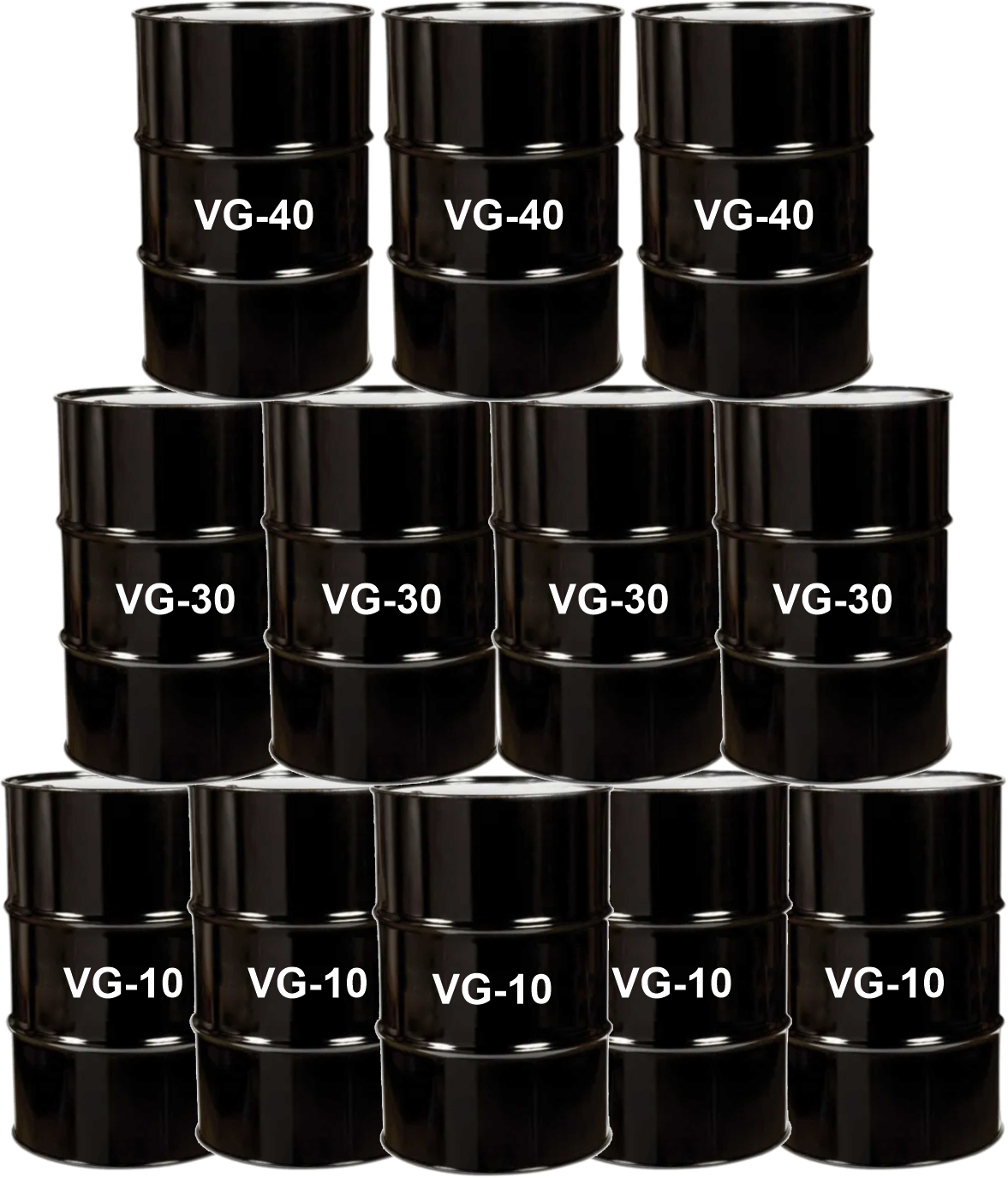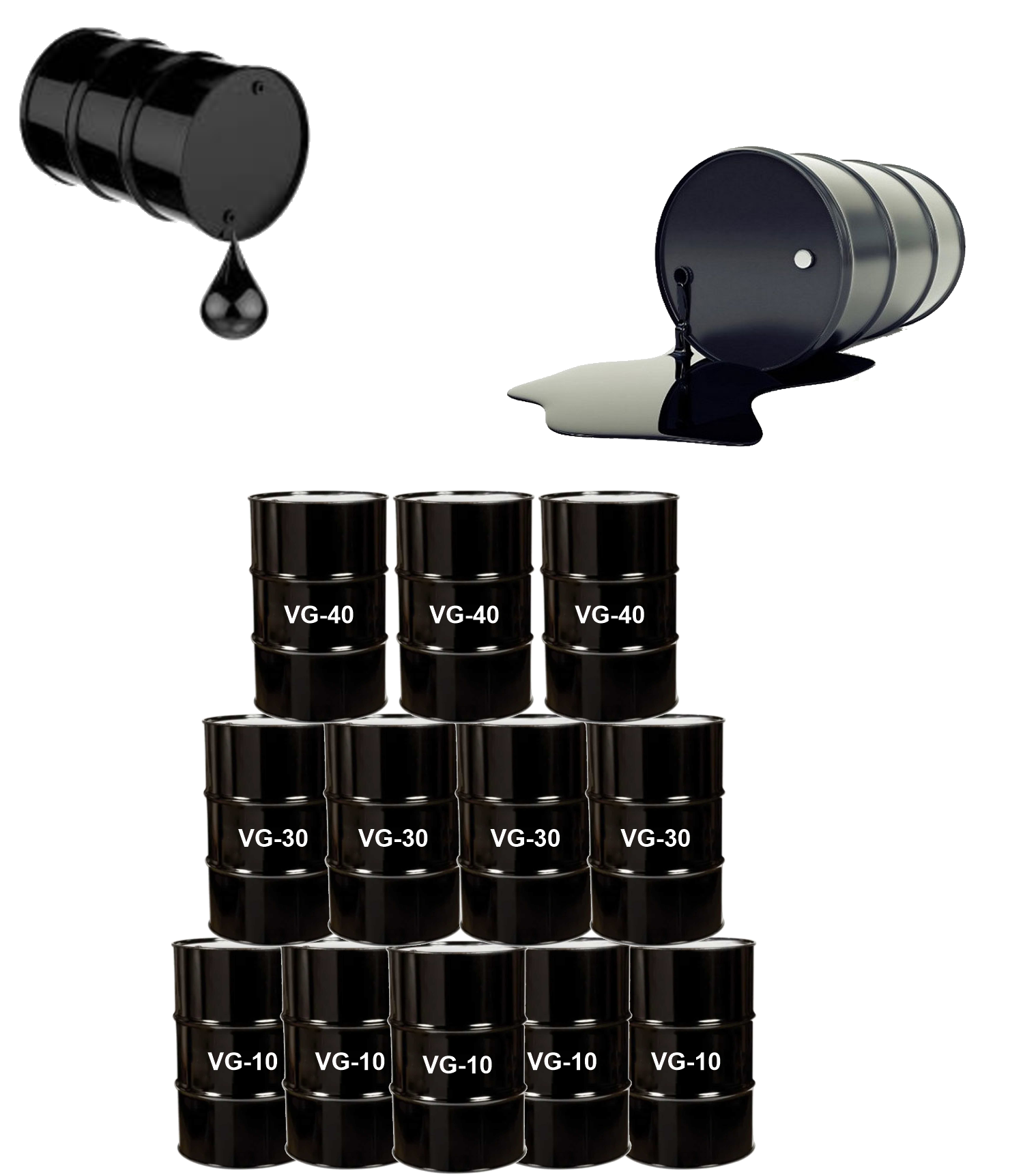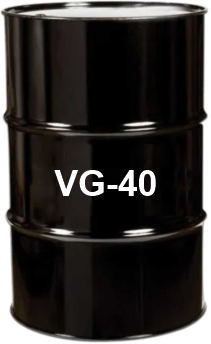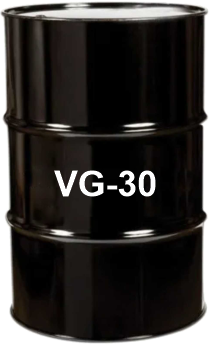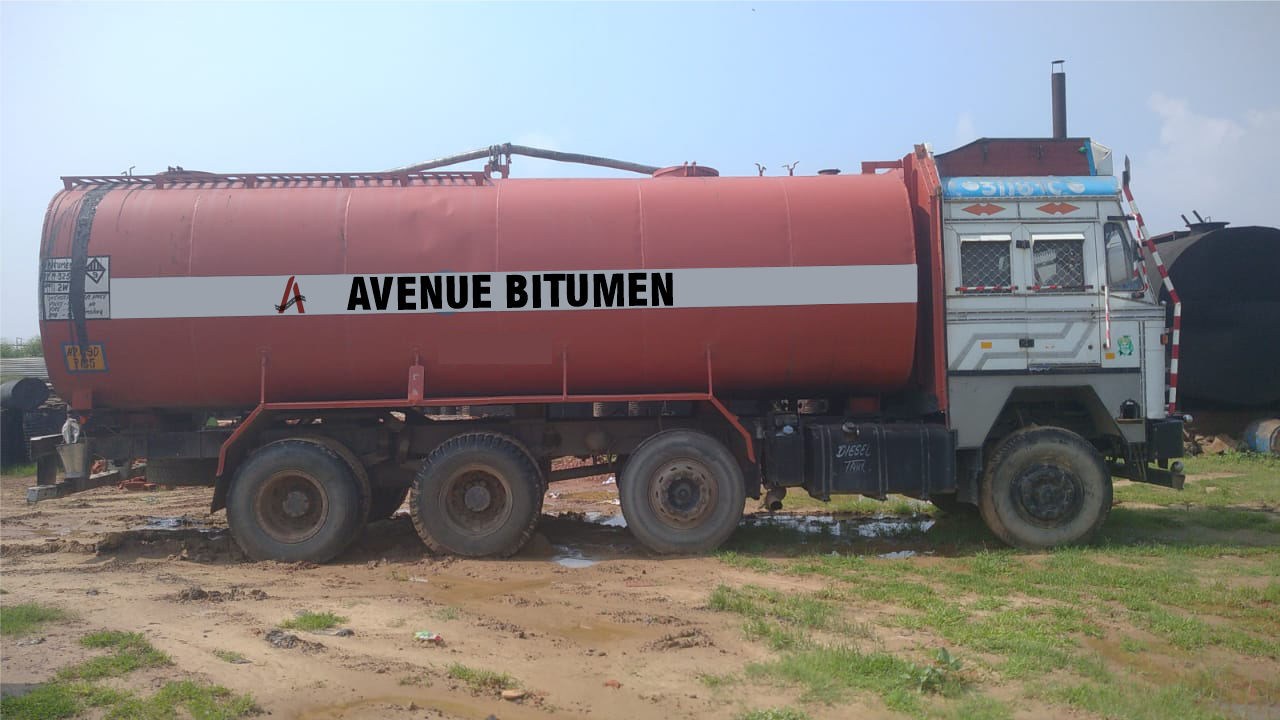Do You Have A Construction Project We Can Help With?
Packed Bitumen:
Packed bitumen refers to bitumen that is packaged and supplied in smaller quantities, typically in drums, pails, or bags. This form of bitumen is commonly used for smaller-scale applications, such as repair and maintenance projects, where the bitumen volume required is relatively low. Packed bitumen offers convenience in handling and storage, as well as ease of transportation.
Bulk Bitumen:
Bulk bitumen, on the other hand, refers to bitumen that is transported and stored in large quantities, typically in heated tankers or containers. It is commonly used for larger construction projects, such as road paving, where significant amounts of bitumen are needed. Bulk bitumen is often delivered directly to the construction site or to bitumen storage facilities, from where it can be easily accessed and distributed as required.
The main difference between packed bitumen and bulk bitumen lies in the quantity and packaging of the product. Packed bitumen is supplied in smaller packages for more localized and smaller-scale applications, while bulk bitumen is transported and stored in larger quantities for larger construction projects.
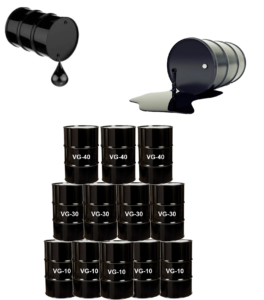
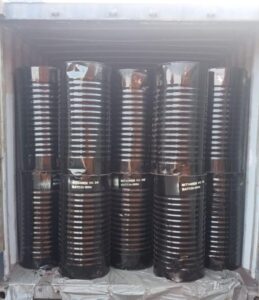
VG 10 Bitumen: Optimal Performance for Road Construction and Durability
VG 10 bitumen, also known as viscosity grade 10 bitumen, is a widely used grade in the classification of bitumen. It falls under the viscosity grading system established by the American Society for Testing and Materials (ASTM). VG 10 bitumen is characterized by its moderate viscosity, indicating its ability to flow at a specified temperature. It is commonly used in various road construction applications, including asphalt pavements and surface dressing. VG 10 bitumen offers excellent resistance to rutting and deformation, providing durability and stability to road surfaces. It also possesses good adhesion properties, allowing it to bond effectively with aggregates and other road construction materials. With its balanced viscosity and performance characteristics, VG 10 bitumen is a popular choice for road projects in moderate traffic conditions. It provides the necessary strength and flexibility to withstand the demands of everyday road usage, making it a reliable and cost-effective option for infrastructure development.
VG 30 (60/70) Bitumen: Versatile and Durable Choice for Road Construction
VG 30 (60/70) bitumen is a widely recognized grade in the viscosity grading system for bitumen. It falls within the medium viscosity range and is commonly referred to as a blend grade. VG 30 (60/70) bitumen exhibits a balance between stiffness and flexibility, making it suitable for a variety of road construction applications. This grade is often used in asphalt mixes for paving highways, urban roads, and heavy-duty surfaces. VG 30 (60/70) bitumen offers good resistance to deformation and rutting, ensuring the longevity and durability of road surfaces even under heavy traffic loads. Its versatile nature allows it to perform well in both high and low-temperature climates. With its consistent quality and reliability, VG 30 (60/70) bitumen remains a preferred choice for constructing robust and resilient roadways.
VG 40 (80/100) Bitumen: The Reliable Blend Grade for Durable Road Construction
VG 40 (80/100) bitumen is a highly regarded grade within the viscosity grading system for bitumen. Falling within the higher viscosity range, VG 40 (80/100) bitumen is commonly known as a blend grade. It offers a balanced combination of stiffness and flexibility, making it ideal for a wide range of road construction applications. This grade is frequently used in asphalt mixtures for highways, urban roads, airport runways, and areas subjected to heavy traffic loads. VG 40 (80/100) bitumen delivers excellent resistance to deformation, rutting, and cracking, ensuring the longevity and durability of road surfaces. Its robust properties enable it to perform admirably in diverse climatic conditions, including both high and low-temperature environments. With its consistent quality and reliability, VG 40 (80/100) bitumen remains a preferred choice for constructing resilient and long-lasting roadways.
Oxidized Bitumen 85/25: Enhanced Durability and Versatility for Construction and Infrastructure Applications
Oxidized Bitumen 85/25 is a specialized type of bitumen that undergoes a controlled oxidation process, resulting in improved properties for specific applications. This grade of oxidized bitumen has a relatively high softening point of 85 degrees Celsius, indicating its enhanced resistance to temperature variations and deformation. The penetration grade of 25 signifies its relatively harder consistency.
Oxidized Bitumen 85/25 finds application in various industries, primarily in construction and infrastructure projects. It is commonly used as a sealing compound, adhesive, or binder for roofing materials, pipe coatings, joint fillers, and waterproofing applications. The higher softening point ensures stability and longevity, making it ideal for areas with elevated temperatures or exposure to direct sunlight.
This grade of oxidized bitumen offers exceptional resistance to aging, weathering, and thermal cracking, providing durability and long-lasting performance. It forms a reliable barrier against moisture, preventing water penetration and ensuring protection against corrosion and damage.
Oxidized Bitumen 85/25 is manufactured with stringent quality control measures to ensure consistent and reliable performance. Its unique properties and versatility make it a preferred choice for projects that require excellent durability, weather resistance, and strength.
Whether it’s sealing roofs, waterproofing structures, or protecting pipelines, Oxidized Bitumen 85/25 provides a dependable solution for various applications, demonstrating its importance in the construction and infrastructure sectors.
Bitumen Emulsion: Versatile Applications and Enhanced Performance for Road Construction
Bitumen emulsion is a specialized form of bitumen where small droplets of bitumen are suspended in water or an aqueous solution with the help of an emulsifying agent. This emulsification process transforms the otherwise viscous and sticky bitumen into a fluid and workable material. Bitumen emulsion offers several advantages over conventional bitumen, making it suitable for a range of applications.
One of the key benefits of bitumen emulsion is its ability to mix readily with aggregates, allowing for easier and more efficient handling during road construction and maintenance. It can be applied at lower temperatures, reducing energy consumption and greenhouse gas emissions. Bitumen emulsion also provides improved coating and adhesion properties, ensuring better bonding with various surfaces, including aggregate particles, soil, and existing pavement layers.
The versatility of bitumen emulsion allows for its application in diverse road-related tasks. It is commonly used for surface treatments, such as tack coats, prime coats, and slurry seals, providing effective bonding between layers and enhancing pavement performance. Bitumen emulsion is also employed in chip seal applications, where it acts as a binder between aggregate chips, enhancing the durability and skid resistance of road surfaces.
Furthermore, bitumen emulsion offers advantages in specialized applications such as cold mix asphalt, which allows for convenient and cost-effective road repairs in colder climates or remote locations where hot mix plants are not readily available.
Bitumen emulsion is manufactured in various grades to cater to different requirements and conditions. These grades may vary in terms of bitumen content, particle size distribution, and emulsion stability. The selection of the appropriate bitumen emulsion grade depends on factors such as the intended application, climate, traffic volume, and desired performance characteristics.
In summary, bitumen emulsion provides a versatile and effective solution for a wide range of road construction and maintenance applications. Its improved work ability, lower application temperatures, and enhanced adhesion properties make it a valuable choice for achieving durable, cost-efficient, and sustainable road surfaces.

